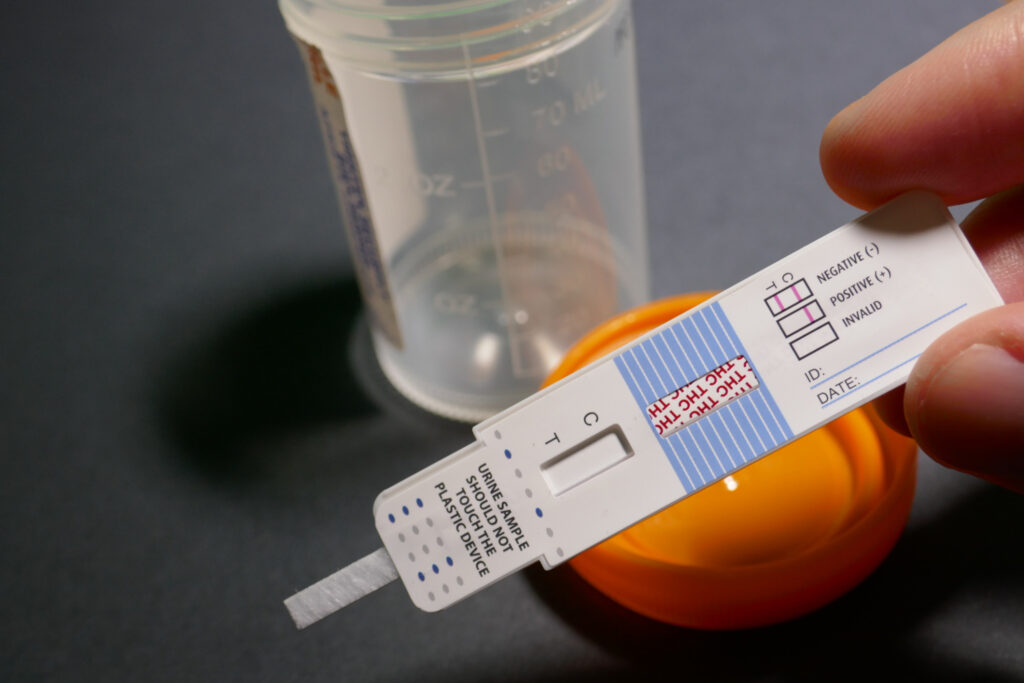Marijuana use tops stats in first report from U.S. drug clearinghouse
WASHINGTON, D.C. – Positive tests for marijuana use far outpaced those for other drugs reported in the first few months of the U.S. Federal Motor Carrier Safety Administration’s Drug and Alcohol Clearinghouse.
The first monthly report related to the clearinghouse summarizes data reported through May 2020. The report includes information on the number of registrations, queries, violations, and drivers in the return-to-duty (RTD) process.

The clearinghouse itself went into effect in January.
“The number of positive marijuana tests jumps off the page,” said Dave Osiecki, president and CEO of Scopelitis Transportation Consulting. “It’s clearly the drug of choice among the small percentage of drug-using truck drivers. In fact, marijuana positives account for almost 50% of the positive tests reported to the Clearinghouse, and are three to four times greater than the number of cocaine-positive tests,” he said.
There were 10,388 positive tests reported for marijuana, compared to 3,192 for cocaine, the next most common drug reported.
Lane Kidd, managing director of the Trucking Alliance, which advocates for hair testing for drug use, said through an email, ”The Trucking Alliance supported the introduction of legislation that created the clearinghouse. Now the industry can see why. More importantly, once hair test failures are submitted to the clearinghouse, the numbers of drug test failures are going to go way up, and the industry can rid itself of thousands more of drug-impaired truck drivers..”
Out of nearly 20,000 drivers that had at least one violation and were prohibited from driving until the return-to-duty process was complete, 989 were reported to have made it through the process, complete with a negative return-to-duty test. But 15,682 had not even been reported as having started the return-to-duty process, according to the report.
Osiecki also pointed to the number of limited queries made by fleets as “a great sign for safety. Fleets are not yet required to conduct limited queries on their current drivers, yet more than 350,000 limited queries have been made, demonstrating that many fleets are exceeding minimum compliance requirements.”
There are two types of queries motor carriers must make: full and limited. Full queries must be done at the pre-employment stage, while a limited query must be done at least once a year on each of a carrier’s drivers. Carriers have one year to begin running limited queries on drivers employed before Jan. 6, 2020.
In May alone, more than 65,000 limited queries were made, plus 85,000 full pre-employment queries and 3,400 full queries that were not pre-employment. (If a limited query shows a driver is in the database, a fleet may, with the driver’s permission, convert that into a full query to find out what that information is.)
-This article was first published by Heavy-Duty Trucking Magazine and is reproduced under an editorial sharing agreement with Today’s Trucking.
Have your say
This is a moderated forum. Comments will no longer be published unless they are accompanied by a first and last name and a verifiable email address. (Today's Trucking will not publish or share the email address.) Profane language and content deemed to be libelous, racist, or threatening in nature will not be published under any circumstances.
I think this is bias because only to the fact when an individual receives the help they need to improve their livelihood, they should be afforded the opportunity to for employment upon providing proof of their program completion. Yes, random testing can occur at the employer discretion but denial of employment based upon one occurrence is a bit too harsh. Although, Marijuana is illegal but cocaine poses a greater problem and is not detected in the body like Marijuana. How often are cocaine test are performed? I not appalled of what is taking place because of the times we live in and the biases in the culture and against certain ethnic groups. Unfortunately, compassion does not play a role in our society anymore and we will continue to see the overall effect based upon that alone. I respond to this based upon those I know this is affecting.